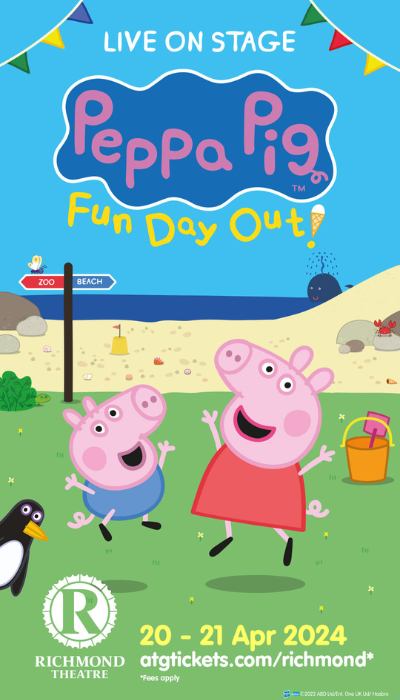All the research shows that children whose parents support them at school and show an interest in what they’re learning do better than those children whose parents don’t.
And all parents know that while that sounds simple, it’s actually really hard. “What did you do today?” “Nothing.” “Who did you play with?” “Don’t remember.” “What was your best lesson?” “Don’t know.”
Little wonder that – as a survey of 2,000 parents done last summer shows – we only spend about 14 minutes trying to have after-school conversations with our children before getting back to our own lives.
But some schools are finding imaginative, new ways to foster home-school links, like the primary school in Somerset that sends its youngest pupils home with a bag of three pebbles, one shiny, one dull, and one pointy.
These represent one special thing that happened in the day, one dull thing, and one difficult thing, and both parents and children are encouraged to use them as ways to get a conversation going.
However, even if your child’s school is not so creative, there are many useful things you can do to encourage post-school chats.
Don’t come on too strong. Children need time to transition from school and hate being put on the spot. Be warm and welcoming when you pick your child up, say you hope they had a good day, and leave it at that.
Learn patience. Many children like to chat about school just before bed. (A good delaying tactic. Children are brilliant strategists.)
Chat about things from your day, to encourage your child to respond. “A really funny thing happened to me at lunchtime…”
Ask open questions. “What was the best part of your day?” not “Was it music today?” (Open questions can’t be answered with a yes or no.)
Learn as much as you can about your child’s routine, teachers and friendships. Then you can ask what happened at whole-school assembly, or about Harry’s poorly kitten.
Don’t feel you have to solve every problem that comes up, or always quiz your child about tests and homework. But when you do need information, don’t fish, simply ask.
Seize useful moments. Many parents find that talking in the car is a brilliant time to have a conversation – no awkward eye contact! Other times might be at bathtime, or when sharing a chore like walking the dog. Whatever your family routine, always be alert to times when you might get a chance to talk with your child.
But whatever you do to draw out a conversation, be aware that the way you respond will always either open it out or shut it down. Aim to be as relaxed and natural as you can – children will close up like clams if they feel information is being prised out of them. Don’t shower them with questions, and keep your responses as calm and non-judgmental as possible.
Sometimes you might discover that your child is unhappy or unsettled about something at school in a way that you hadn’t realized. If that’s the case, do your best to find out more about the situation and try not to jump to conclusions.
There is a world of difference between one hard-to-follow maths lesson and a maths teacher who is totally not up to the job, or between a temporary falling-out between classmates, and a case of systematic, ongoing bullying, and you need to be sure of the facts before deciding to take things further.
It may be that your child simply wanted to offload what’s on their mind, and there is no need at all to take up arms on their behalf.
But if you do sense that you need to act, explain to your child why you feel you must speak to their teacher, or friend’s parents, and what you plan to say, and let them tell you any worries or objections they might have.
Whatever the age of your child, if you run roughshod over their confidences, ignoring anything they have to say on the matter, you can be one hundred per cent sure there won’t be any more.
In this situation, as always when talking to your child, remember the old adage – ‘two ears, one mouth’ – and always listen twice as much as talking.
Write it down and stick it on the fridge.
You may also like
Perfect Pitch
Mike Piercy, education consultant and former Head of The New Beacon, sings the praises of music in education What exactly is it that drives parents to make huge sacrifices by sending their children to independent schools? Different families have different...
‘It’s not fair!’
Mike Piercy, education consultant and former Head of The New Beacon, explains the importance of winning and losing with good grace The beefy second row lay prone, groaning, as the pack lumbered away. “Get up, Darling!” I cried. Opposition spectators...
Performance Power
Eastbourne College and Bede’s School discuss opportunities which give their students time to shine Director of Music at Eastbourne College, Dan Jordan, sings the praises of music at the school. It is 6.30pm, the night before a well-needed half-term holiday....

















